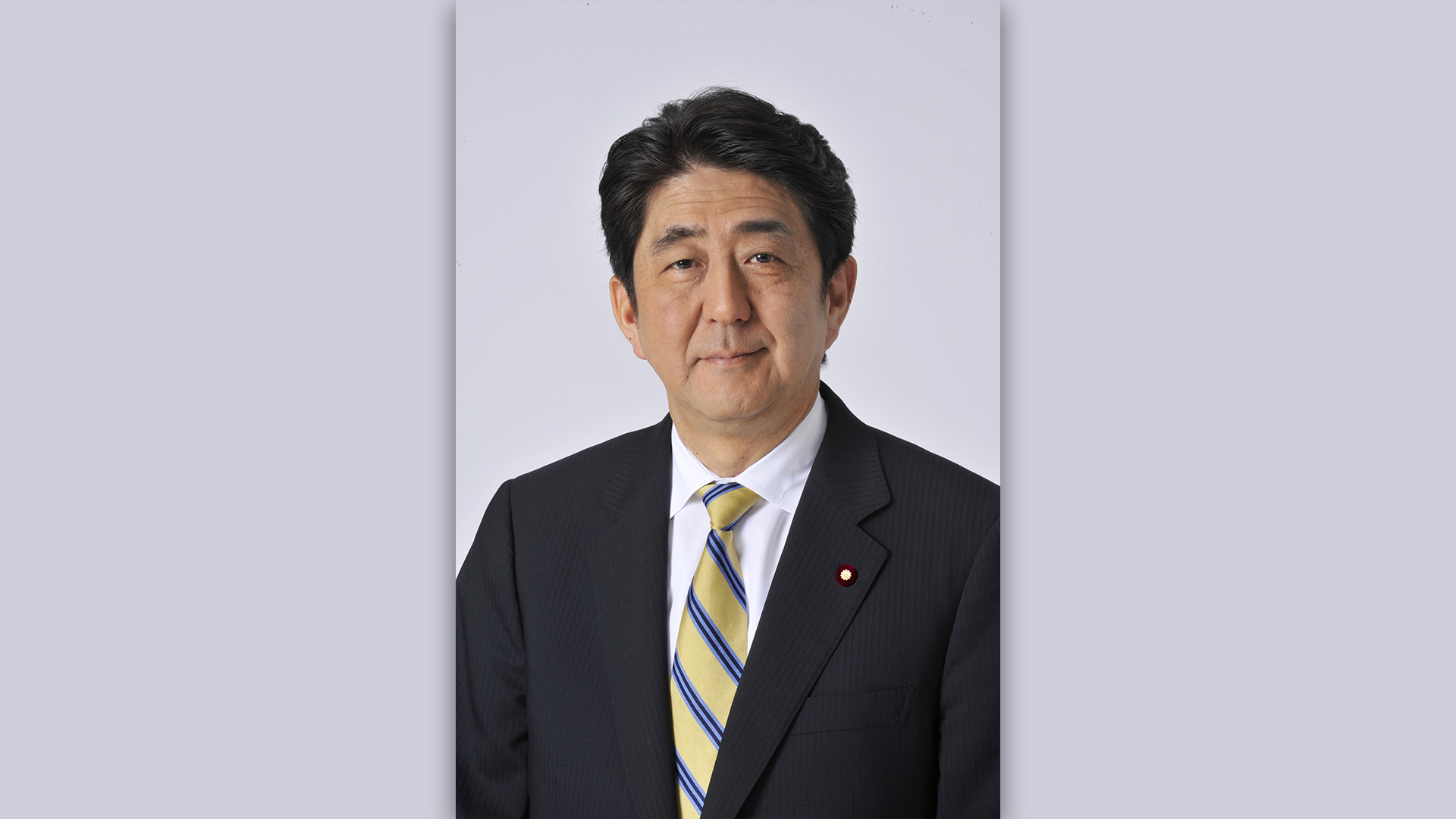TOKYO (Parliament Politics Magazine) – A state funeral for Shinzo Abe, the longest-serving prime minister of Japan, was held in Tokyo amid popular outrage about the expense of the service and information about his party’s associations with a controversial religious organisation.
A member of Japan’s self-defence forces entered the Nippon Budokan venue as over 4,000 visitors, including the British foreign secretary, James Cleverly, and the US vice president, Kamala Harris, stood in silence in remembrance of the former leader. At the hall, a 19-gun salute sounded in Abe’s honour.
Akishino, the crown prince of Japan, and other members of the imperial family followed Akie, Abe’s widow, as she carried her late husband’s ashes into the hall while wearing a black kimono.
A man with a homemade gun who assassinated Abe in early July reportedly informed police that he chose the conservative politician as his target because of his support for the Unification church.
Thousands of mourners lined up to place flowers and offer prayers in a park close to the venue while protesters against the burial took to the streets under heavy security.
Fumio Kishida, the current leader, paid tribute to his friend and predecessor after a video was played, showcasing Abe’s accomplishments and featuring footage of the former prime minister playing the piano.
As he stood before a sizable picture of Abe that was set over a floral arrangement with his ashes, medals, and the Japanese Hinomaru flag, Kishida stated, “I feel heartbreaking grief,”
Abe had reinforced Japan’s security relations with its primary ally, the US, during his nearly nine years in office, Kishida said, who also pledged to continue Abe’s efforts to resolve North Korea’s abduction of Japanese citizens during the Cold War.
After saying in English, “Courage is doing what is right,” Kishida said in Japanese, “Abe-san, you were a person of courage. People around the world will look back fondly on your time in power. Abe-san, Prime Minister Abe … you did good work. Please rest in peace.”
A nation with very low rates of gun crime was rocked by Abe’s killing, and politicians from all around the world paid respect to him.
However, Kishida’s choice to grant him a state funeral—the second for a former prime minister since the war—raised opposition once it emerged that Abe’s Liberal Democratic party (LDP) had extensive ties to the Unification religion, also known as the Moonies.
About half of the lawmakers in the LDP, which is currently led by Kishida, were connected to the church, a recent survey by LDP showed. This raises concerns about the extent to which the conservative group has influenced the party’s stance on topics like same-sex marriage and constitutional reform.
Reportedly, Yamagami stated he had grown to despise the church because his mother, a member, gave a sizable donation to it, leaving his family in a financial ruin.
The official funeral was criticised for lacking any legal support and for creating the false impression that all of Japan supported Abe’s policies. A majority of people rejected the ceremony, according to recent polls, with many citing its ¥1.6bn ($11m) price tag.
Four days after Abe was fatally murdered while giving a speech at an election campaign in the western city of Nara on July 8, a private funeral for him was held in Tokyo.
Yoshiko Kojima, a 63-year-old Tokyo resident who attended the funeral on Tuesday, said she knew it was divisive and there were a lot of people opposing it, but there had been so many people lined up to offer flowers.
She sensed that many people had come out to pray for him now that the funeral was actually happening, she said.






